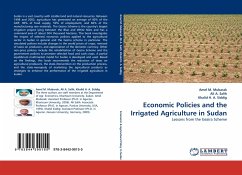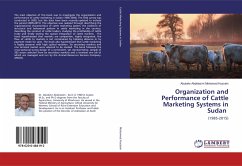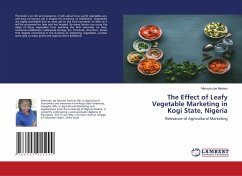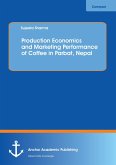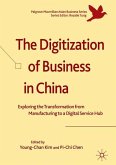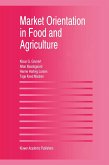Sudan is a vast country with sizable land and natural resources. Between 1998 and 2003, agriculture has generated an average of 40% of the GDP, 90% of food supply, 50% of employment, and 60% of the manufacturing raw materials. The Gezira Scheme is the country's largest irrigation project lying between the Blue and White Niles and has a command area of about 504 thousand hectares. This book investigates the impact of selected economic policies applied to the agricultural sector in Sudan in general and the Gezira scheme in particular. The simulated policies include changes in the world prices of crops, removal of taxes on producers, and appreciation of the domestic currency. Other non-price policies include the rehabilitation of Gezira Scheme and the government policies to promote selected food and cash crops. A partial equilibrium multimarket model for Sudan is developed and used. Based on the findings, this book recommends the reduction of taxes on agricultural producers, the state-intervention on the production process, and the state-monopoly of marketing the agricultural products as strategies to enhance the performance of the irrigated agriculture in Sudan.
Hinweis: Dieser Artikel kann nur an eine deutsche Lieferadresse ausgeliefert werden.
Hinweis: Dieser Artikel kann nur an eine deutsche Lieferadresse ausgeliefert werden.

